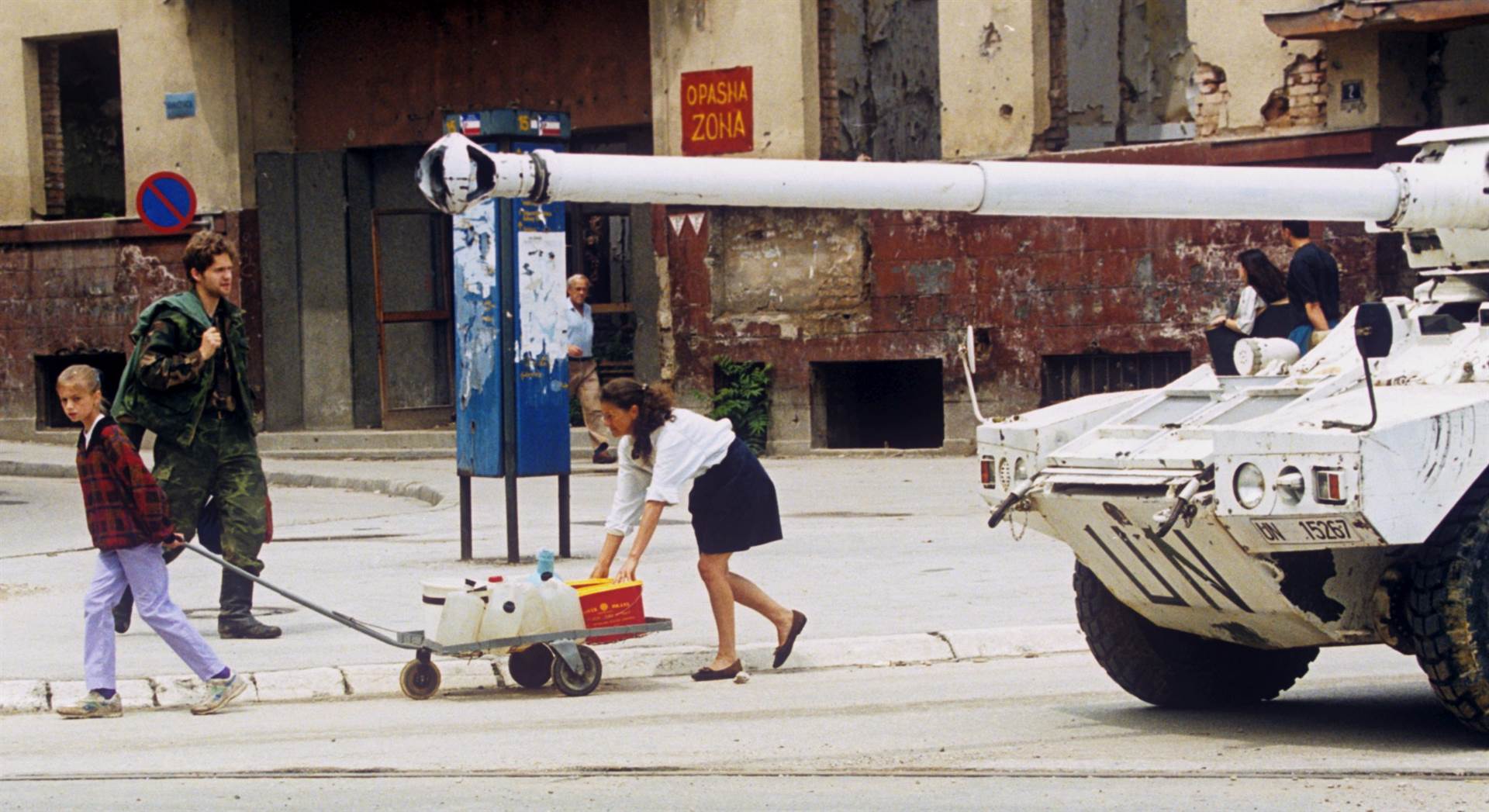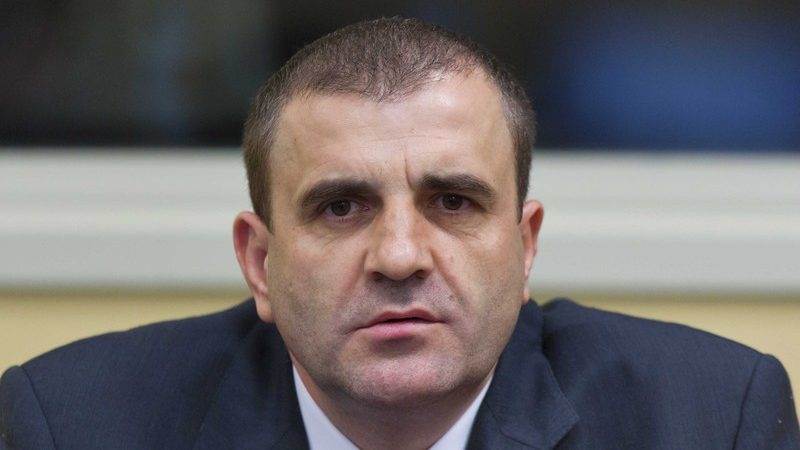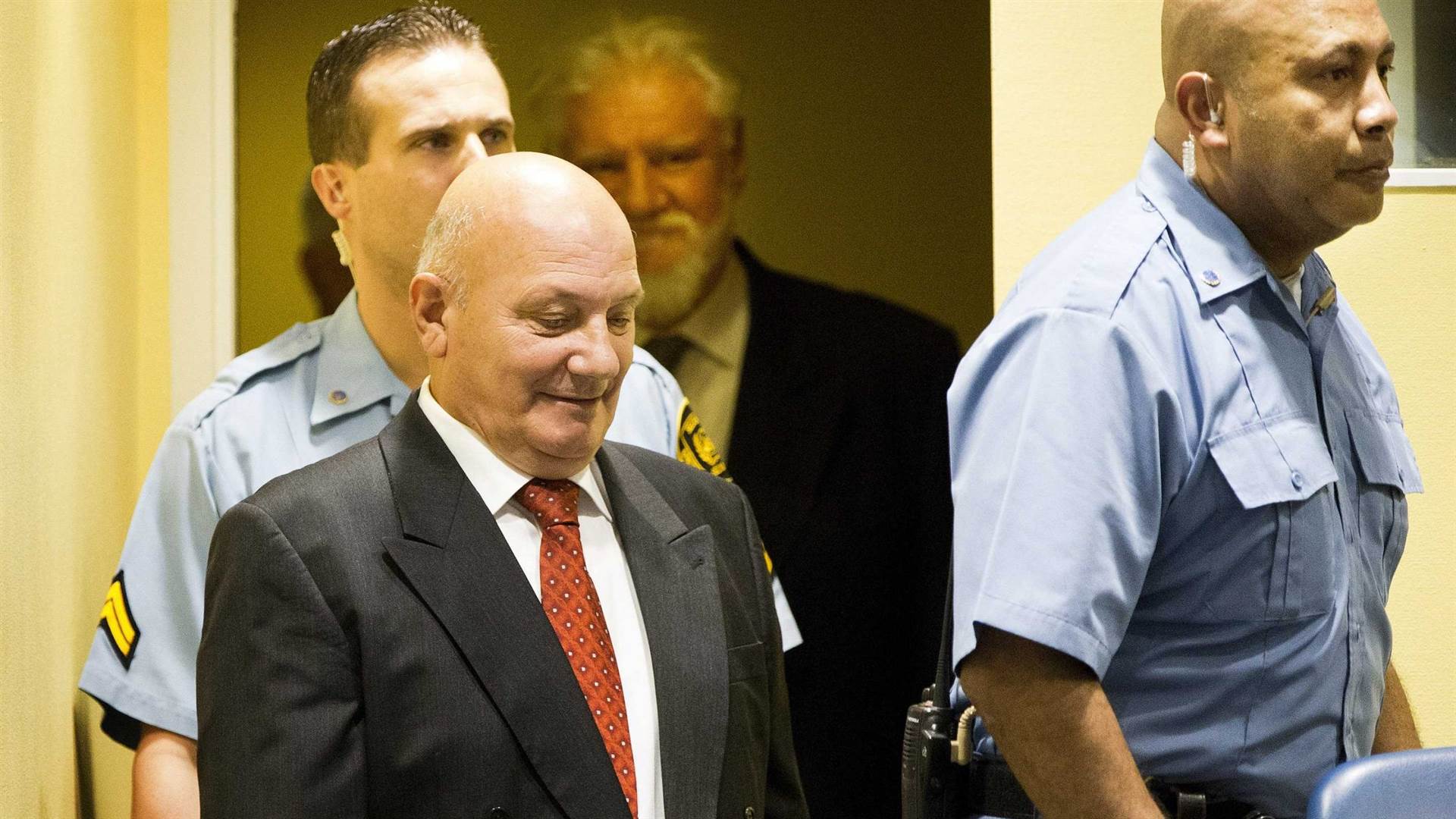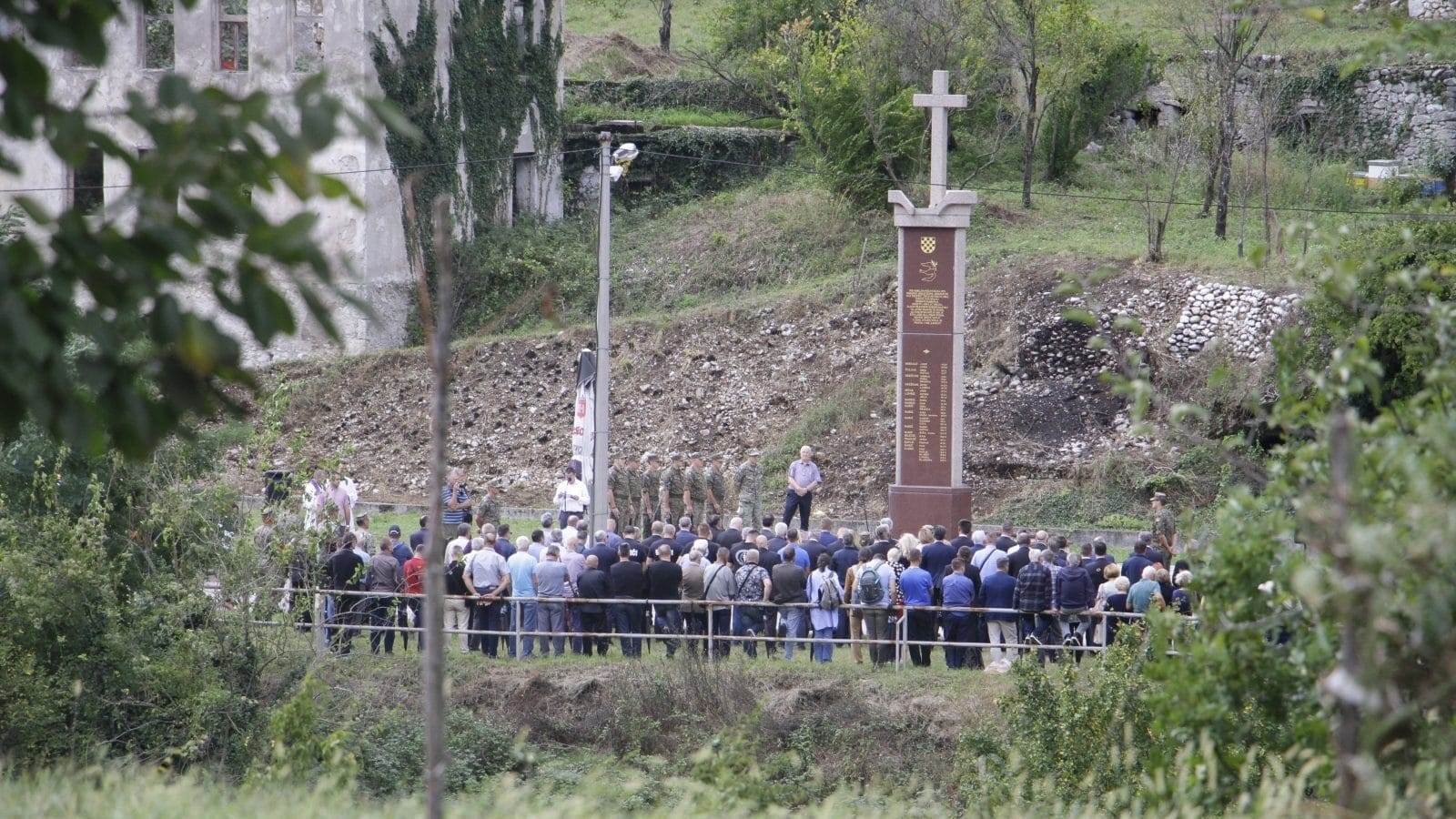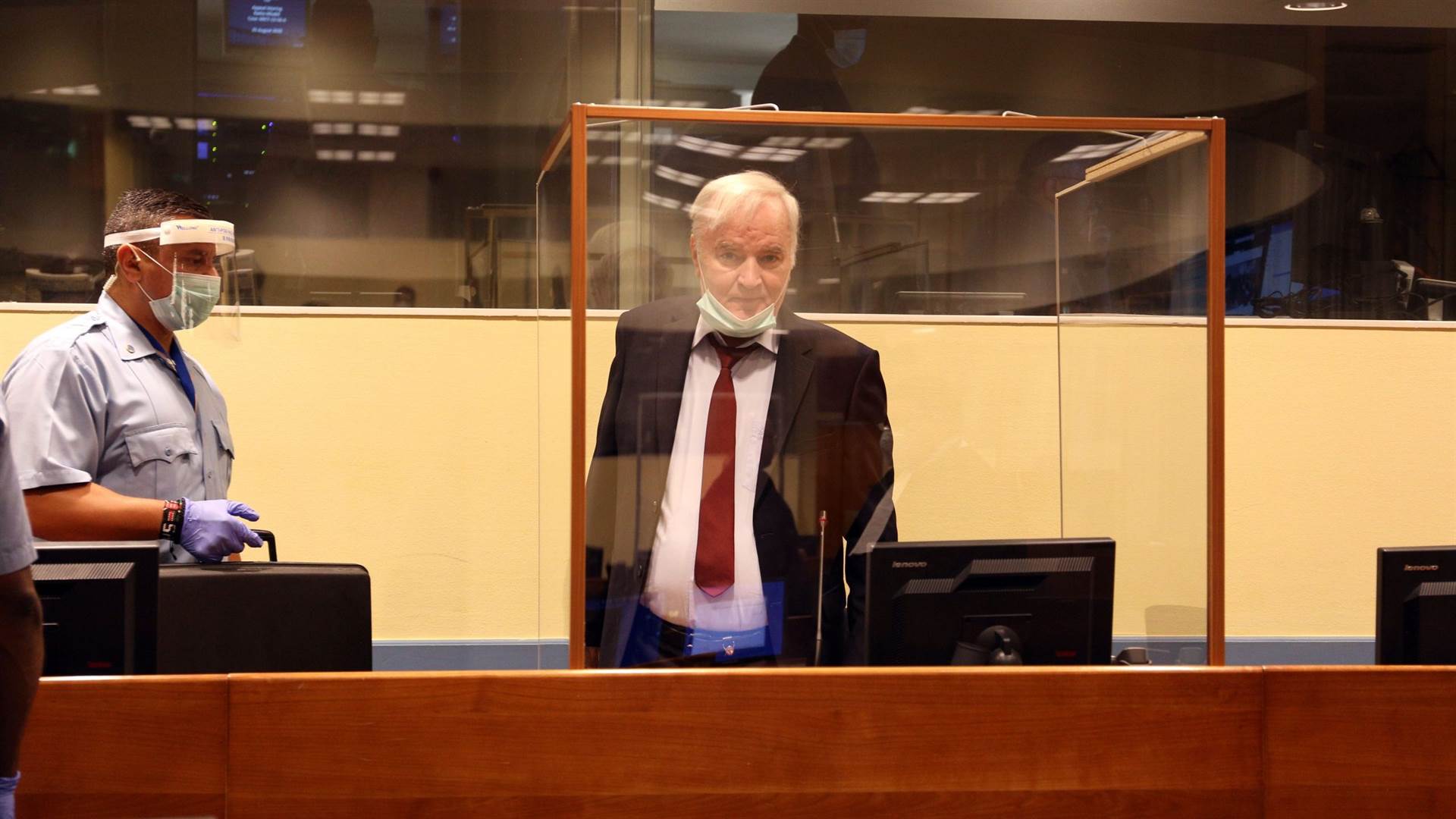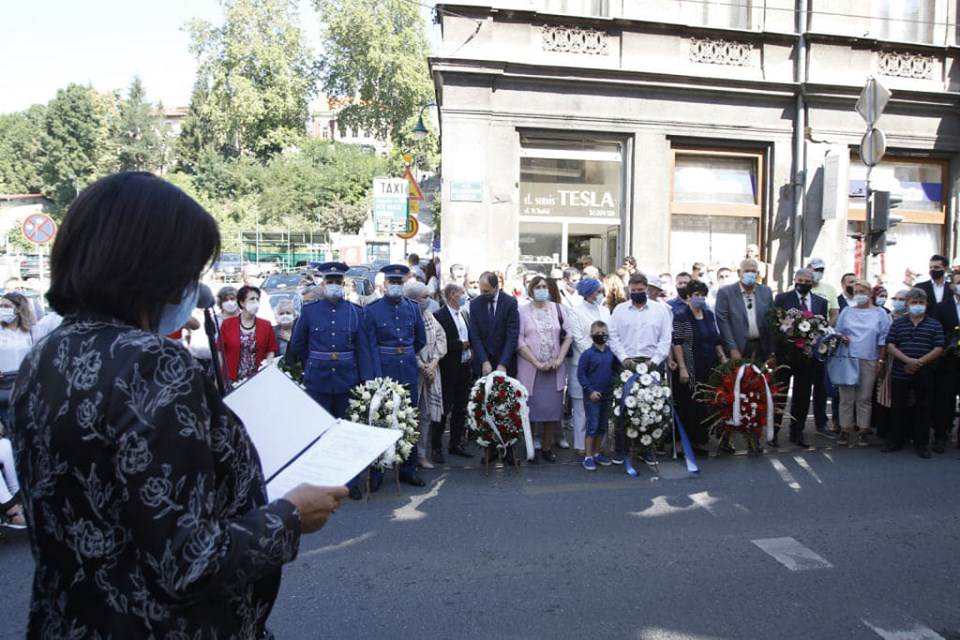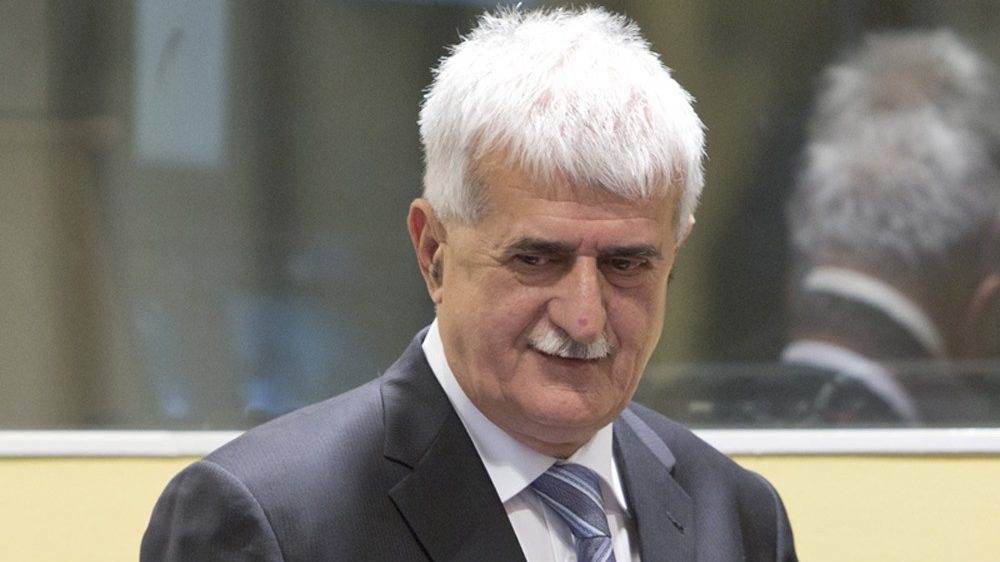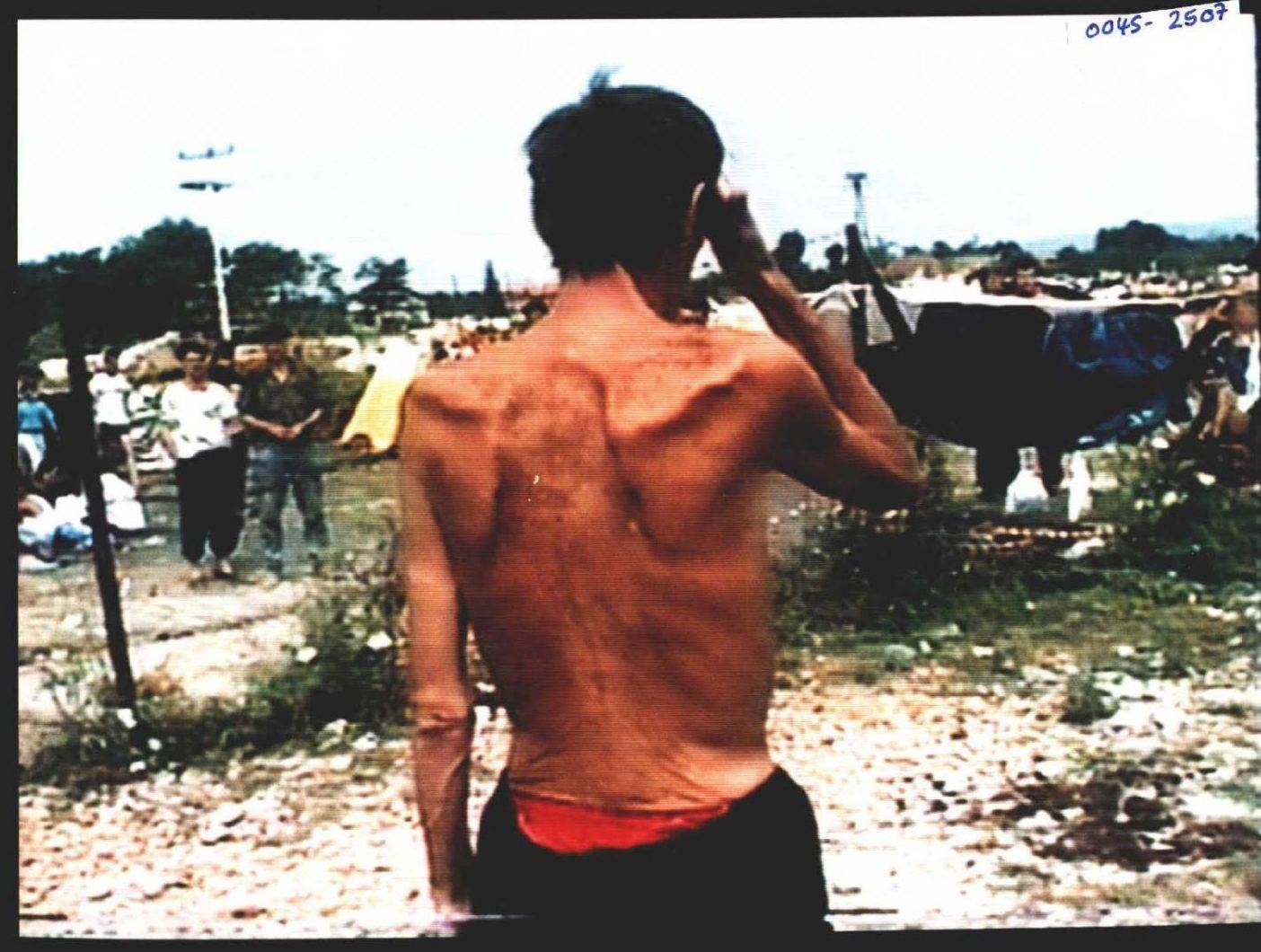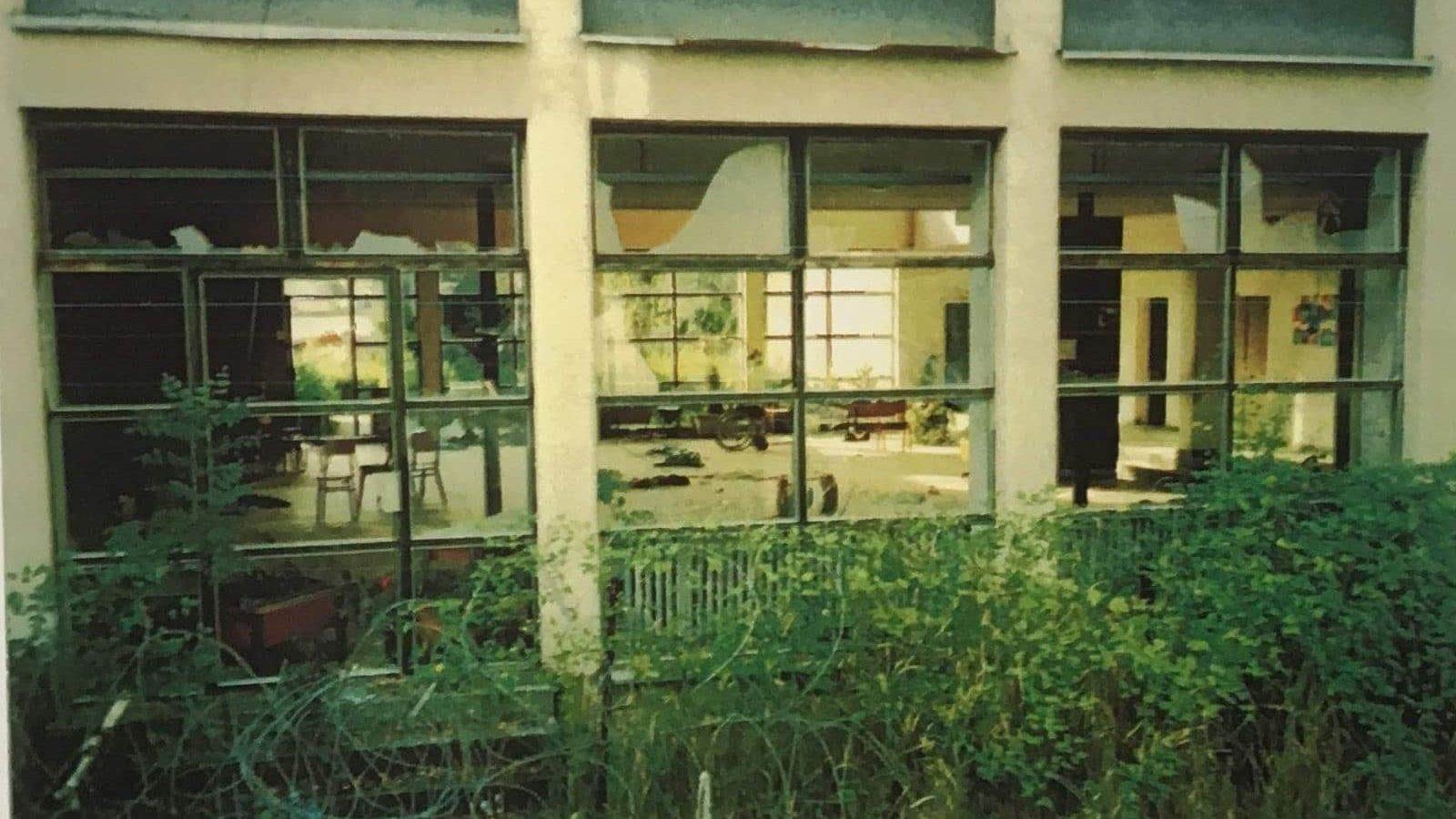History textbooks for secondary school pupils in Bosnia and Herzegovina’s two ethnically-dominated entities and in Serbia give different accounts of what happened during the 1990s Bosnian war, further entrenching divisions...
Wartime paramilitary leader Milan Lukic, who was sentenced to life in prison by the Hague Tribunal for committing crimes against humanity in Visegrad in Bosnia, asked the UN court to...
Milivoj Petkovic, the former commander of the Croatian Defence Council, the Bosnian Croat wartime force, has been sent to Belgium to serve his sentence for crimes against humanity after being...
Two soldiers were on opposing sides when 33 Bosnian Croats were massacred by Bosnian Army troops 27 years ago - but now they are both working to ensure that the...
The UN war crimes tribunal rejected a call from Ratko Mladic’s defence for the former Bosnian Serb Army commander to be urgently transferred from the United Nations Detention Unit to...
Relatives and friends of 43 people including three children who were killed in the shelling of Sarajevo’s Markale marketplace by Bosnian Serb forces in August 1995 gathered to commemorate the...
Prosecutors appealed to the UN court to convict former Bosnian Serb military chief Ratko Mladic of committing genocide in five Bosnian municipalities in 1995 as well as the Srebrenica genocide...
Bruno Stojic, former defence minister of the unrecognised Bosnian Croat wartime statelet of Herzeg-Bosna, is asking for early release because he will soon have served two-thirds of his 20-year sentence.
Hague Tribunal judgments and evidence files contain names of Bosnian Serb soldiers and policemen who have never been prosecuted for suspected involvement in killings, ethnic cleansing and detention camp abuses...
Twenty-five years after the killing of nine elderly and disabled civilians who had taken refuge at a school in the Croatian town of Dvor, Serbian and Croatian officials continue to...

